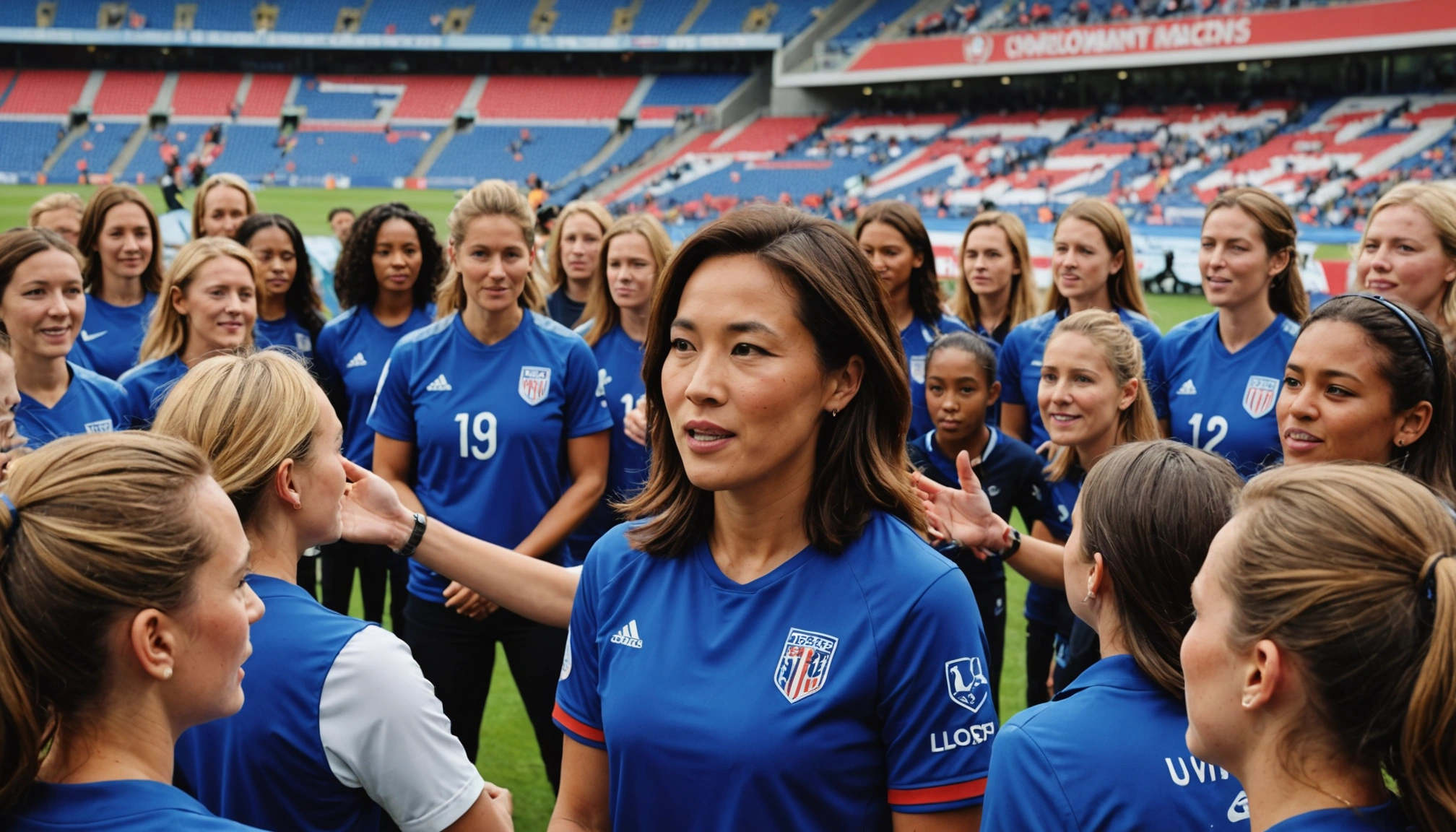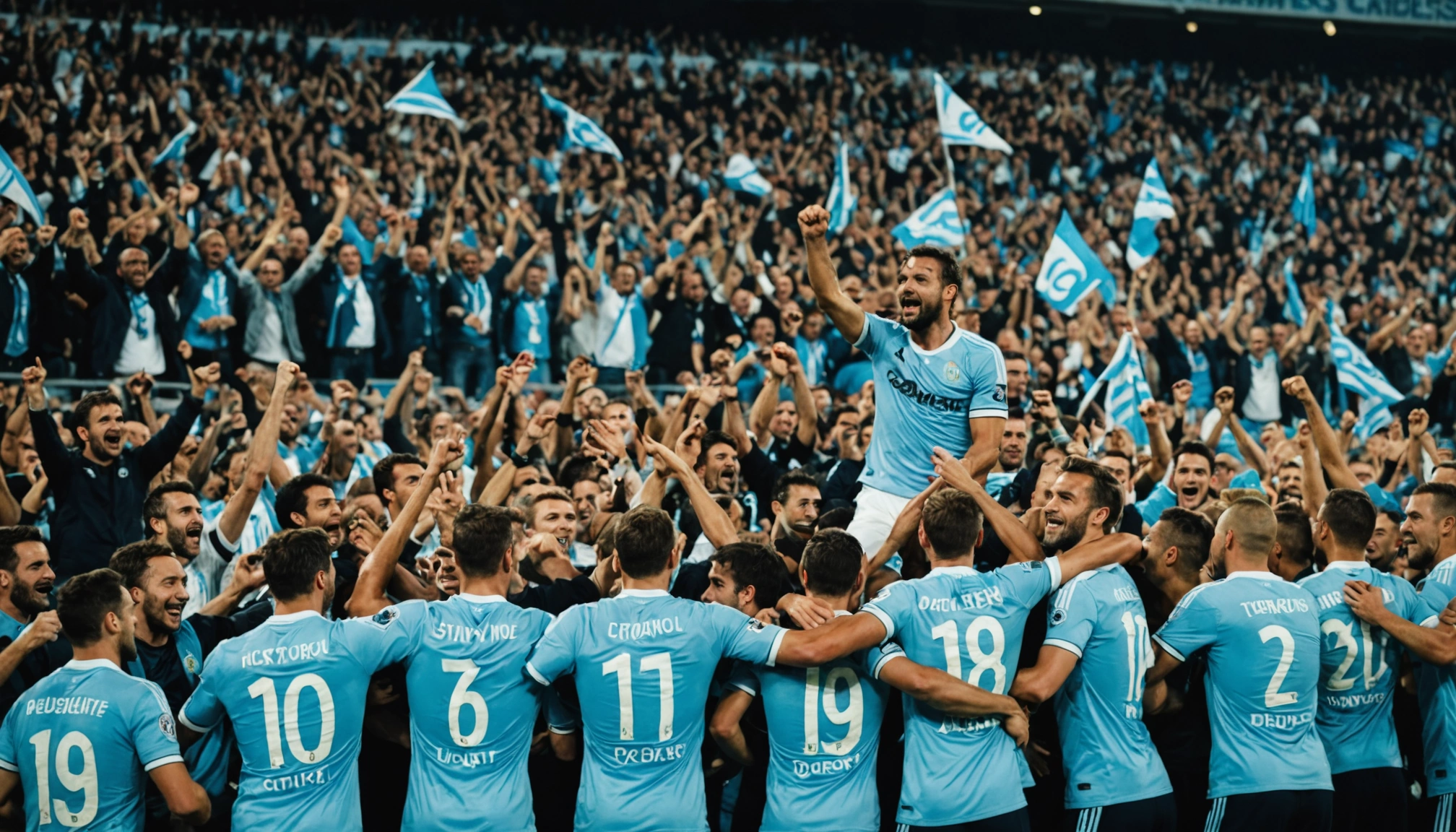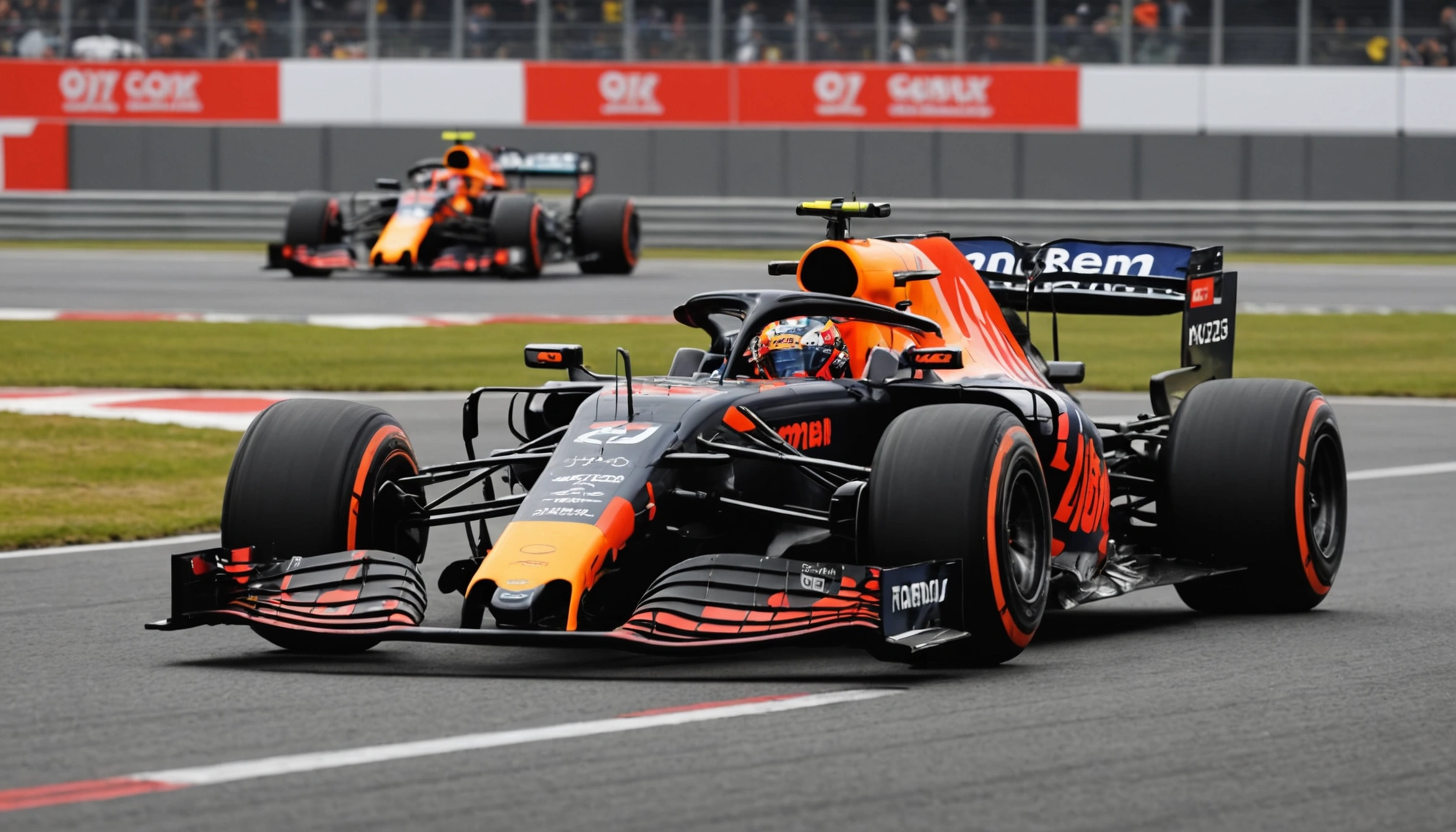Michele Kang’s Vision To Elevate Women’s Football Globally
Discover how Michele Kang aims to transform women’s football worldwide through her multi-club ownership and empowering female athletes.

By Editorial
Michele Kang’s commitment to women’s football
Michele Kang, owner of London City Lionesses, is rapidly becoming a transformative figure in women’s football. Her recent interview with BBC Sport outlined a bold vision: to empower girls worldwide to pursue their football dreams. Kang’s approach is unique, leveraging her multi-club ownership model, which includes top clubs Lyon in France and Washington Spirit in the United States, to foster talent and raise standards across continents.
The multi-club ownership model: a game changer
Kang’s multi-club ownership model is an innovative strategy rarely seen in women’s football. By owning and managing clubs across different leagues and countries, she aims to create a supportive ecosystem that enhances player development, scouting, and commercial growth. This interconnected structure allows the exchange of best practices and talent, offering players varied experiences and opportunities.
For example, Lyon is renowned for its dominance in European women’s football, boasting multiple UEFA Women’s Champions League titles. Meanwhile, Washington Spirit has been pivotal in the National Women’s Soccer League (NWSL) in the US, nurturing emerging stars. London City Lionesses, newly promoted to the FA Women’s Championship, benefits from this synergy, gaining access to expertise and resources that accelerate their growth.
Why empowering girls in football matters
Globally, women’s football is still fighting for equality and recognition. Kang’s emphasis on helping girls achieve their dreams addresses barriers such as limited access to facilities, lower investment, and fewer role models. By strengthening clubs and providing pathways to professional careers, Kang’s vision contributes to changing attitudes and increasing participation at grassroots and elite levels.
In the UK, women’s football has seen significant growth, highlighted by the success of the Women’s Super League (WSL). However, challenges remain in bridging the gap between amateur and professional tiers. Kang’s work with London City Lionesses aligns with efforts seen in other sports, such as women’s cricket in The Hundred, where investment and visibility have driven progress.
The impact of multi-club ownership on player development
One of the most tangible benefits of Kang’s ownership approach is enhanced player development. Young talents can gain international experience, moving between clubs to adapt to different playing styles and competitive environments. This flexibility broadens their skills and prepares them for elite competition.
Moreover, shared scouting networks mean promising players get spotted earlier and have opportunities across leagues. This is vital in a sport where exposure can dictate career trajectory. Kang’s model also builds bridges between the US, France, and the UK, fostering a global community of women’s football.
Case study: London City Lionesses’ growth
Since Kang took ownership, London City Lionesses have focused on professionalising their setup. Investment in coaching, facilities, and player welfare mirrors standards at Lyon and Washington Spirit. The club’s recent promotion has attracted media attention and sponsorships, signalling growing confidence in women’s football at all levels. Their story exemplifies how strategic leadership can elevate a club’s status rapidly.
Challenges and future prospects for women’s football
Despite progress, women’s football faces ongoing challenges including financial disparities, media coverage, and cultural perceptions. Kang’s vision confronts these issues head-on by building sustainable clubs and promoting global cooperation. Multi-club ownership could become a blueprint for others, fostering competitive balance and commercial viability.
Looking ahead, there is potential for increased fan engagement and broadcast deals, which are critical for the sport’s growth. The success of players and clubs under Kang’s leadership will likely inspire further investment in women’s football, both within the UK and internationally. This could echo trends seen in other sports sectors, such as the evolving Olympic Games landscape, as detailed in how the IOC is reshaping the Olympic Games for the future.
Conclusion: A new era for women’s football
Michele Kang’s multi-club approach is more than a business model; it’s a movement to empower women in sport globally. By connecting clubs across continents and investing in player development, she is helping to create opportunities that were previously scarce. This ambitious vision promises to raise the profile of women’s football, inspire countless young girls, and drive the sport towards a more equitable and prosperous future.
For fans and stakeholders eager to follow the evolving landscape of UK football, resources like the comprehensive guide to UK football leagues and teams offer valuable insights into the broader football ecosystem supporting women’s and men’s football alike.
Related topics
Editorial
Sports expert at SportsScoop
Specialist in sports analysis and journalism
Related articles
Want to read more?
Explore our comprehensive collection of sports articles and analysis, or contact us for more information.



